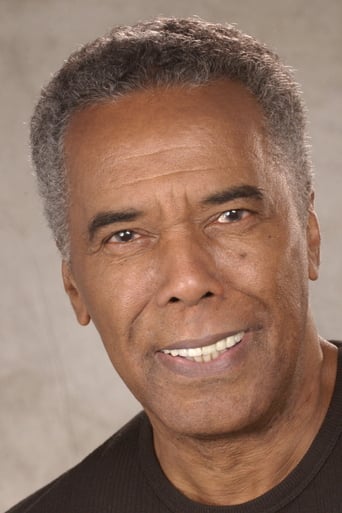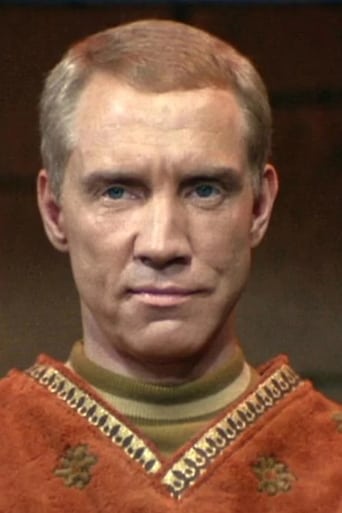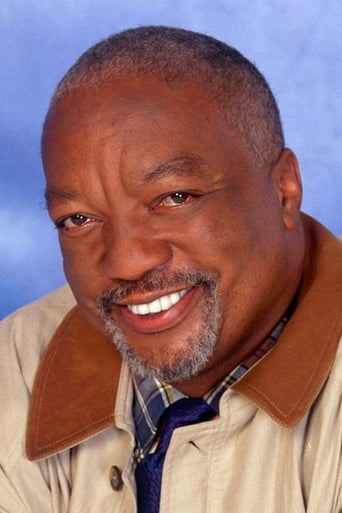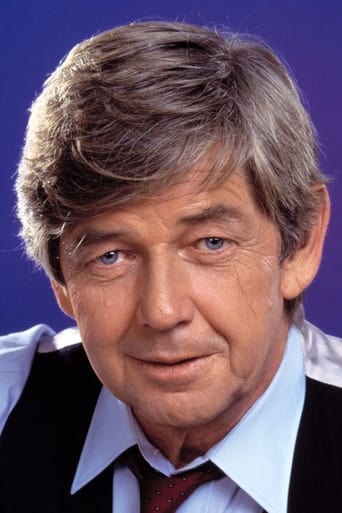edwagreen
Typical for the 1970 genre black films in this 1972 picture.Hooks, as Mr. T, is a cool, suave guy who is just about into everything-legal and illegal as well. He shows his empathy when he goes after a landlord when a baby is critically injured on the stairwell of an apartment building.T is a hustler, a womanizer, a detective and a great pool player to boot.He gets into a crap game and when blindfolded bandits hold up the place, he is blamed for the killing of one of the culprits. Paul Winfield and Ralph Waite are the real heavies in this film with a great Marvin Gaye score.
C. Sean Currie (hypestyle)
In 1972, 20th Century Fox released "Trouble Man", starring Robert Hooks—by then a veteran of on-and-off-Broadway stage productions (http://en.wikipedia.org/wiki/Robert_Hooks) and the short-lived ABC network series "N.Y.P.D." (http://www.imdb.com/title/tt0061282/). The film, released early during the black action-movie trend, functions as a kind of Southern California answer to "Shaft", but the film is more than just a derivative clone. The film's director, Ivan Dixon, was the black POW Kinch on "Hogan's Heroes".In "Trouble Man", Hooks' title character—Mister 'T' (we never learn his real name) is a private detective whose turf is Los Angeles. He keeps his office in a popular billiards hall, run by T's older friend/partner, Jimmy. While in between private eye jobs, T earns money as a pool shark. Apparently, his reputation is impressive, as a sequence early in the film finds a Texas-bred hustler challenging him in a high stakes game (guess who wins).Plot: One fateful day, T is approached by a known pimp, Chalky Price (Paul Winfield), who has a business proposition for him. Chalky claims to be out of the pimp game, and is now into staging illegal dice tournaments at otherwise nondescript locations. His partner is Pete (Ralph Waite): Caucasian, Pete brings clients from the 'whiter' parts of town to play, while Chalky brings blacks. They move the games around so as to not arouse police suspicion. But bad luck has hit these racketeers—they claim that masked men have been knocking over their games, and leaving with the loot. They want T to run interference and stop the dishonor among thieves. T accepts their offer, but he's no fool—he wants a big cut of the action—10 grand, to be precise. Chalky and Pete reluctantly agree, and arrange for T to go undercover as just another player in the next game.However, Chalky & Pete have an ulterior motive. Having kidnapped the 'collector' (i.e., leg-breaker) for a rival underworld boss, Chalky & Pete's gang stage a robbery of their own game, disguise the kidnap victim as a gunman and murder him in front of T. The police investigation finds the body, and apparently someone identified T as being where the action happened. Mr. Big, the rival boss (genre veteran Julius Harris) suspects T, just like the police do. A zealous police captain (William Smithers) wants T behind bars. But for now, the evidence is flimsy enough for T to walk, and he arranges for Chalky, Pete & Big to meet with each other at the pool hall, just to clear up that they have no beef with each other. But when Big shows up and then a group of thugs dressed like police arrive to shoot up the place— and Big—it becomes clear to T that he was set up from the beginning by the conniving Chalky & Pete. This sets up the climax in which T methodically gets his revenge on the crooks that double-crossed him.Analysis: Like Shaft, Hooks' Mister T is a role model of black self-made success: he's well-dressed (the trailer makes mention of his $600 suits), neatly coiffed, drives a Lincoln Continental (he's said to buy a new ride every year), and lives at a swank bachelor's pad apartment in a desirable (read: white) part of town. He's street smart (the trailer mentions that "he was a man ever since he was a kid") but he has all the appropriate licenses he needs and is apparently a regular at the local law library. In other words, he can go toe-to-toe with the (white) establishment with no fear. T's no 'honky-basher', though—he clearly has a friendly relationship with the white sergeant who oversees the police records department. He's also community minded—when told about a child injured in a ghetto tenement due to creaky railing, he casually barges into a real estate manager's office and bullies the boss into fixing up the place and paying the hospital bill for the child.Last but not least, T is a ladies' man. His main girlfriend, lounge singer Cleo, is played by genre regular Paula Kelly. Another special friend is played by Jean Bell (Playboy's first black centerfold who would soon helm her own vehicle, "TNT Jackson"). Collectively, they may or may not know the score on their competition, but all of T's flames dig their man. To his credit, T isn't portrayed as a callous pimp who tough-talks and threatens his lady-friends, but simply a smooth operator in the James Bond mold.About the only thing missing from the film is a nightclub scenario. Some of the situations are a stretch to witness—in particular, T's conning his way into a police evidence locker—twice—with the cop in charge less than 10 yards away. You kind of just have to go along with the gag, and the overall action makes up for the handful of plot-holes. Curiously, a sequel was never made, despite presumably making a modest profit at the box-office.






